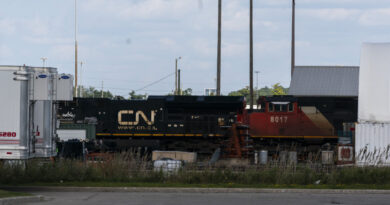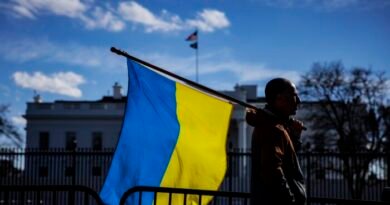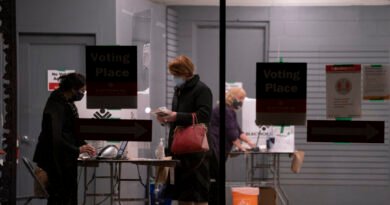IDF Reports More Than 100 Rockets Launched From Lebanon Into Israel
The intense barrage followed attacks earlier in the week that destroyed Hezbollah radios and pagers, an action which Hezbollah blamed on Israel.
The Israel Defense Forces (IDF) reported that 140 rockets were fired into Israeli territory from Lebanon on Sept. 20 after Israeli airstrikes on Hezbollah targets in southern Lebanon.
The IDF confirmed that 120 rockets were launched from Lebanon, prompting sirens in areas like the Golan Heights, Safed, and the Upper Galilee. Some rockets were intercepted by Israel’s air defense system.
Fire and rescue services were deployed to put out fires caused by fallen projectiles in various locations. The IDF did not specify any injuries or casualties resulting from the attack.
Sirens also went off in Meron and Netua, closer to the border, when 20 more rockets were launched from Lebanon. The IDF reported that most of them landed in open areas with no reported injuries.
In a subsequent update, the IDF stated that its air force destroyed 100 more Hezbollah launchers holding approximately 1,000 barrels, said to be “ready for immediate use to target Israeli territory.”
The Israeli military pledged to diminish Hezbollah’s terrorist infrastructure and capabilities and facilitate the return of evacuated Israeli residents in northern border areas to their homes.
The intense barrage came after the attacks earlier in the week that destroyed Hezbollah radios and pagers, resulting in the deaths of 37 people and injuring about 3,000 in Lebanon.
Lebanon’s government and the U.S.-designated terrorist group, Hezbollah, have accused Israel of targeting the group’s communication equipment.
“In the new phase of the war, there are substantial opportunities but also significant risks. Hezbollah feels hunted, and the military operations will continue,” Gallant said in a statement.
Gallant emphasized that Israel would ensure Hezbollah “pays an increasing price” as they pursue their objectives, including “the safe return of Israel’s northern communities to their homes.”
Following the Oct. 7, 2023 attacks, Hezbollah, backed by Iran, began firing rockets into northern Israel in solidarity with Hamas, causing many residents to evacuate to central Israel. Israel and Hezbollah have been exchanging fire almost daily since.
Jack Phillips and Reuters contributed to this report.





